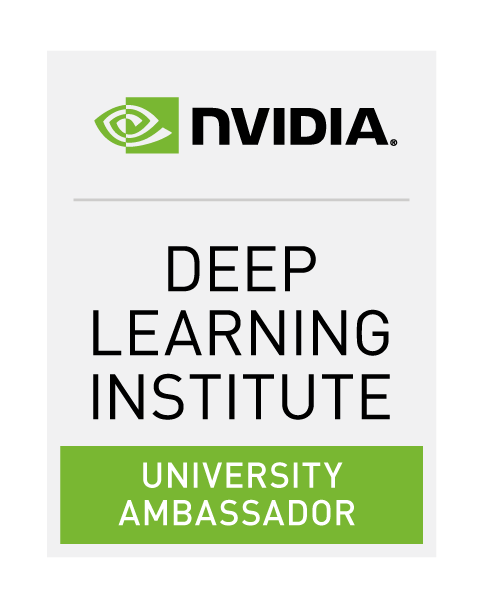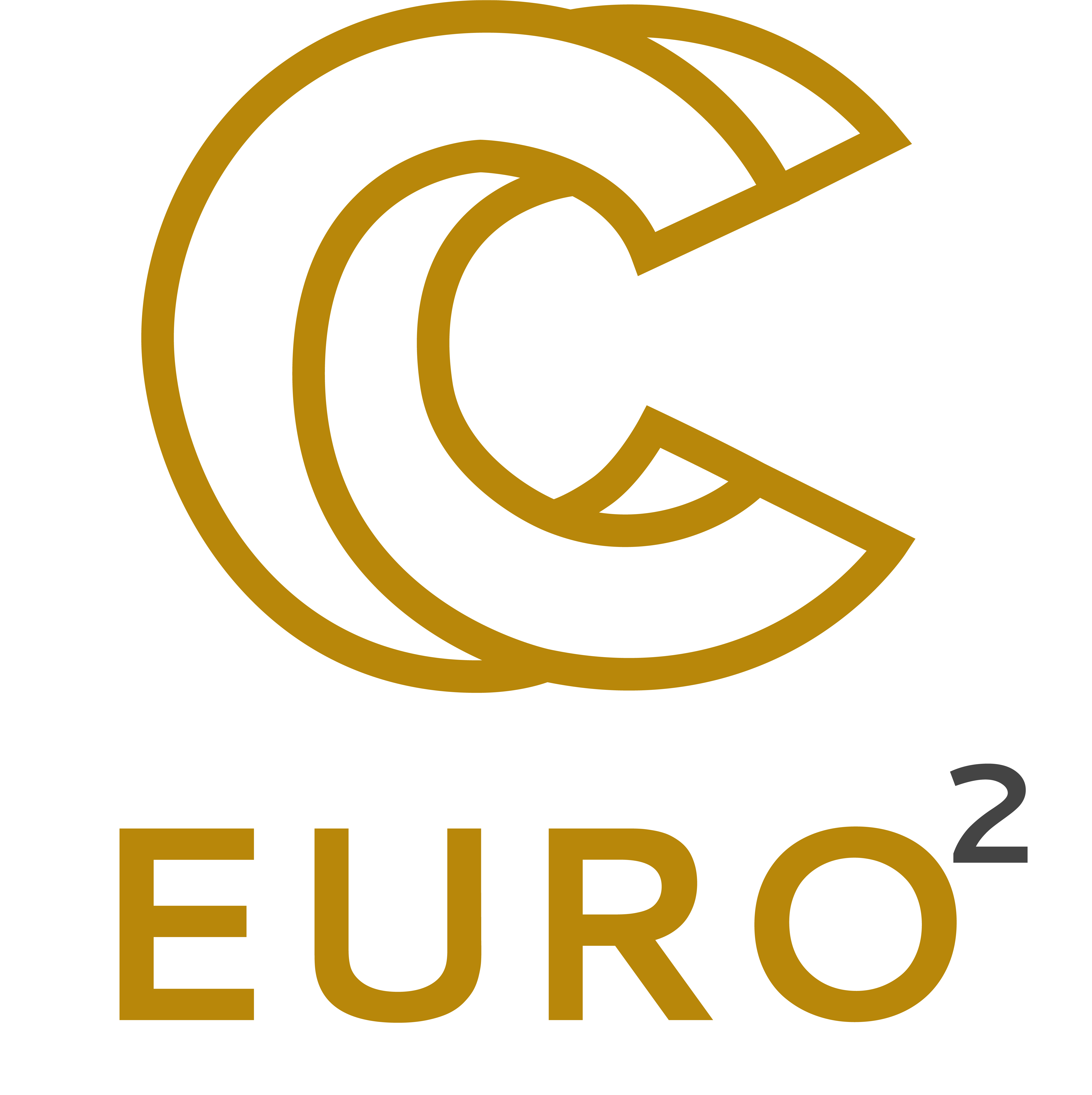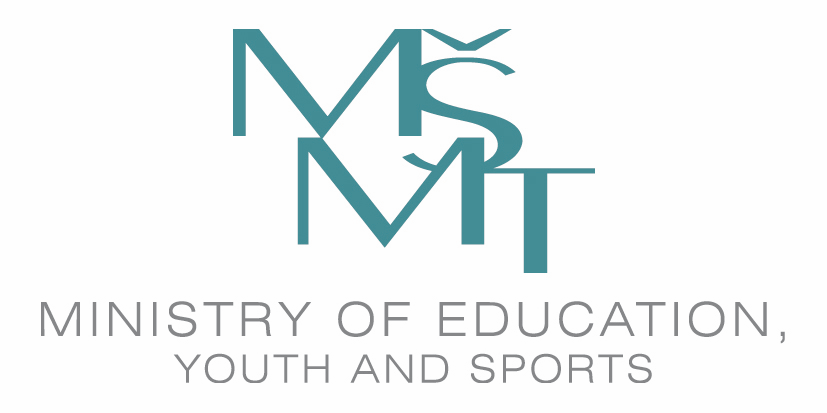- Indico style
- Indico style - inline minutes
- Indico style - numbered
- Indico style - numbered + minutes
- Indico Weeks View
[HYBRID] Building Transformer-Based Natural Language Processing Applications (EuroCC)
→
Europe/Prague
207 (HYBRID)
207
HYBRID
Description

Annotation
Applications for natural language processing (NLP) have exploded in the past decade. With the proliferation of AI assistants and organizations infusing their businesses with more interactive human-machine experiences, understanding how NLP techniques can be used to manipulate, analyze, and generate text-based data is essential. Modern techniques can capture the nuance, context and sophistication of language just as humans do. And when designed correctly, developers can use these techniques to build powerful NLP applications that provide natural and seamless human-computer interactions within chatbots, AI voice agents, and more. Deep learning models have gained widespread popularity for NLP because of their ability to accurately generalize over a range of contexts and languages. Transformer-based models, such as Bidirectional Encoder Representations from Transformers (BERT), have revolutionized NLP, offering accuracy comparable to human baselines on benchmarks like SQuAD for question-answer, entity recognition, intent recognition, sentiment analysis, and more.
In this course, you'll learn how to use Transformer-based natural language processing models for text classification tasks, such as categorizing documents. You'll also learn how to leverage Transformer-based models for named-entity recognition (NER) tasks and how to analyze various model features, constraints, and characteristics to determine which model is best suited for a particular use case based on metrics, domain specificity, and available resources.
This course is only offered to academia (see details below in section Capacity and Fees).
Benefits for the attendees, what they will learn
- Understand how text embeddings have rapidly evolved in NLP tasks such as Word2Vec, recurrent neural network (RNN)-based embeddings, and Transformers
- See how Transformer architecture features, especially self-attention, are used to create language models without RNNs
- Use self-supervision to improve the Transformer architecture in BERT, Megatron, and other variants for superior NLP results
- Leverage pre-trained, modern NLP models to solve multiple tasks such as text classification, NER, and question-answering
- Manage inference challenges and deploy refined models for live applications
Level
intermediate-advanced
Language
English
Prerequisites
- Experience with Python coding and use of library functions and parameters
- Fundamental understanding of a deep learning framework such as TensorFlow, PyTorch, or Keras
- Basic understanding of neural networks
Tutor
Georg Zitzlsberger is a research specialist for Machine and Deep Learning at IT4Innovations. For over four years, he has been certified by NVIDIA as a University Ambassador of the NVIDIA Deep Learning Institute (DLI) program. This certification allows him to offer NVIDIA DLI courses to users of IT4Innovations' HPC services. In addition, in collaboration with Bayncore, he was a trainer for Intel HPC, and AI workshops and conferences carried out across Europe. He has been contributing to these events, which are held for audiences from industry and academia, for five years. Recently, he also received instructor certifications from Intel for oneAPI related courses.

Acknowledgements

This project has received funding from the European High-Performance Computing Joint Undertaking (JU) under grant agreement No 101101903. The JU receives support from the Digital Europe Programme and Germany, Bulgaria, Austria, Croatia, Cyprus, Czech Republic, Denmark, Estonia, Finland, Greece, Hungary, Ireland, Italy, Lithuania, Latvia, Poland, Portugal, Romania, Slovenia, Spain, Sweden, France, Netherlands, Belgium, Luxembourg, Slovakia, Norway, Türkiye, Republic of North Macedonia, Iceland, Montenegro, Serbia. This project has received funding from the Ministry of Education, Youth and Sports of the Czech Republic.


This course was supported by the Ministry of Education, Youth and Sports of the Czech Republic through the e-INFRA CZ (ID:90254).
All presentations and educational materials of this course are provided under the Creative Commons Attribution-ShareAlike 4.0 International (CC BY-SA 4.0) license.
Registration
Building Transformer-Based Natural Language Processing Applications
Surveys
Satisfaction survey
Support
